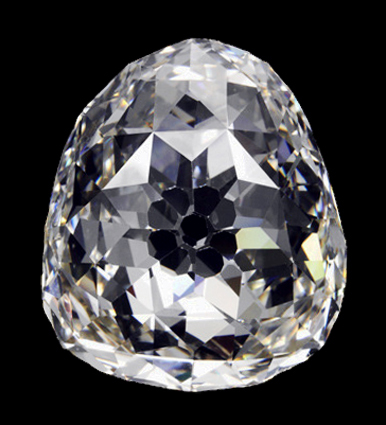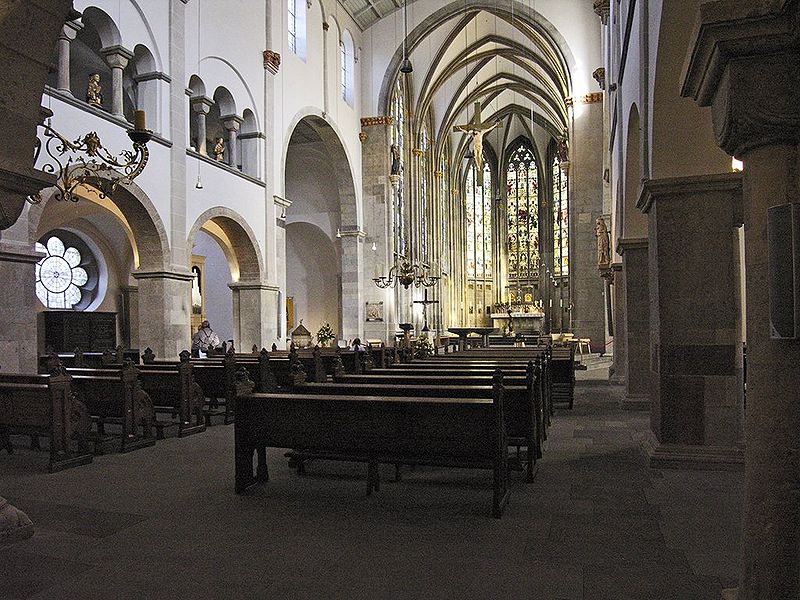
“The jewelry of the medieval period offers us a window into the extravagant lifestyles and intricate social hierarchies of the era. From the glittering crowns of royalty to the delicately crafted religious relics, these treasures are testament to the enduring fascination with beauty and adornment throughout history.” – Professor John Richards, Medieval History Scholar and Expert in Material Culture.
The Crown Jewels of England, including the Imperial State Crown and the Koh-i-Noor diamond, are iconic symbols of royal power and regalia.
These magnificent pieces have been worn by English monarchs for centuries and continue to dazzle visitors at the Tower of London.

The Pala d’Oro, a golden altarpiece in St. Mark’s Basilica in Venice, is a testament to medieval goldsmithing. Adorned with exquisite enamels, gems, and pearls, this masterpiece showcases the craftsmanship of Byzantine and Venetian jewelers.
This ornate crown, made of gold, precious gems, and enamel, was worn by Holy Roman Emperors during their coronation ceremonies. A symbol of imperial authority and divine right, it is a masterpiece of medieval goldsmithing.
Commissioned by King Manuel I of Portugal, this intricate pendant features a large emerald and is surrounded by diamonds, rubies, and pearls. It reflects the opulence and wealth of the Portuguese court during the 16th century.

The Armlet of Queen Margaret is a rare surviving example of Viking jewelry. Crafted from gold and adorned with intricate filigree and precious stones, this armlet is a testament to the artistic skill of Viking jewelers.
“Medieval jewelry represents a remarkable fusion of artistry, symbolism, and status. These exquisite adornments served as tangible expressions of power and beauty, reflecting the intricate craftsmanship and cultural values of the time.” – Dr. Sarah Thompson, Historian of Medieval Art and Material Culture.
Believed to have originated in the Indian mines, the Great Sancy Diamond is a legendary gem that passed through the hands of European royalty and nobility. Its beauty and mystique make it one of the most famous diamonds of the medieval period.

The Crown of Aragon, housed in the Royal Palace of Barcelona, is a masterpiece of medieval jewelry. This crown, adorned with sapphires, emeralds, and pearls, symbolizes the union of several kingdoms under the Crown of Aragon.

The Casket of Saint Ursula, located in the Basilica of Saint Ursula in Cologne, is a remarkable medieval reliquary. Adorned with gold, gemstones, and enamel, it houses the supposed remains of Saint Ursula and her companions.

The Treasure of the Basilica of San Marco in Venice consists of a vast collection of ecclesiastical jewelry and liturgical objects. Encrusted with gems and precious metals, these artifacts highlight the wealth and splendor of the medieval Venetian Republic.
This intricately decorated crown, dating back to the 7th century, is an exceptional example of Visigothic jewelry. Crafted from gold and adorned with precious stones, it represents the pinnacle of early medieval craftsmanship.
The medieval period was a time of extraordinary jewelry craftsmanship, where precious metals, gemstones, and intricate designs were combined to create magnificent adornments.
From the Crown Jewels of England to the Pala d’Oro, these top 10 famous jewelry items provide a glimpse into the opulence, artistry, and historical significance of medieval jewelry. They serve
“Medieval Jewellery: In Europe 1100-1500” by Marian Campbell
This comprehensive book explores the development and significance of medieval jewelry in Europe. It covers a wide range of jewelry forms, materials, and techniques, providing detailed analysis and beautiful illustrations to bring the pieces to life.
“Medieval Jewellery: From Charlemagne to the Renaissance” by Yun Nickpoulous
Examining the evolution of jewelry from the early medieval period to the Renaissance, this book delves into the social, cultural, and historical contexts in which these pieces were created and worn. It showcases a diverse range of jewelry styles and discusses their symbolic meanings.
“Medieval and Renaissance Jewelry: A Collection of Exceptional Pieces” by Diana Scarisbrick
Presenting a stunning array of medieval and Renaissance jewelry, this book showcases the craftsmanship and artistry of the era. It explores the significance of jewelry in society, highlights notable pieces, and provides insights into the techniques employed by medieval jewelers.
“Medieval Jewellery: From Excavation to Exhibition” by Marian Campbell and David Hinton
Focusing on the archaeological aspect of medieval jewelry, this book examines the discoveries and excavations that have shed light on the craftsmanship and use of jewelry during the period. It discusses the process of displaying and interpreting these artifacts in museum exhibitions.
“Medieval Rings: Masterpieces of the Goldsmith’s Art” by Sandra Hindman
Specifically focusing on rings, this book explores the rich history and symbolism of medieval rings. It showcases a variety of ring designs, materials, and gemstones, offering insights into their cultural and social significance, and providing a glimpse into the world of medieval adornment.
Please note that the availability and editions of these books may vary, so it is advisable to check with local bookstores or online retailers for the most recent versions.